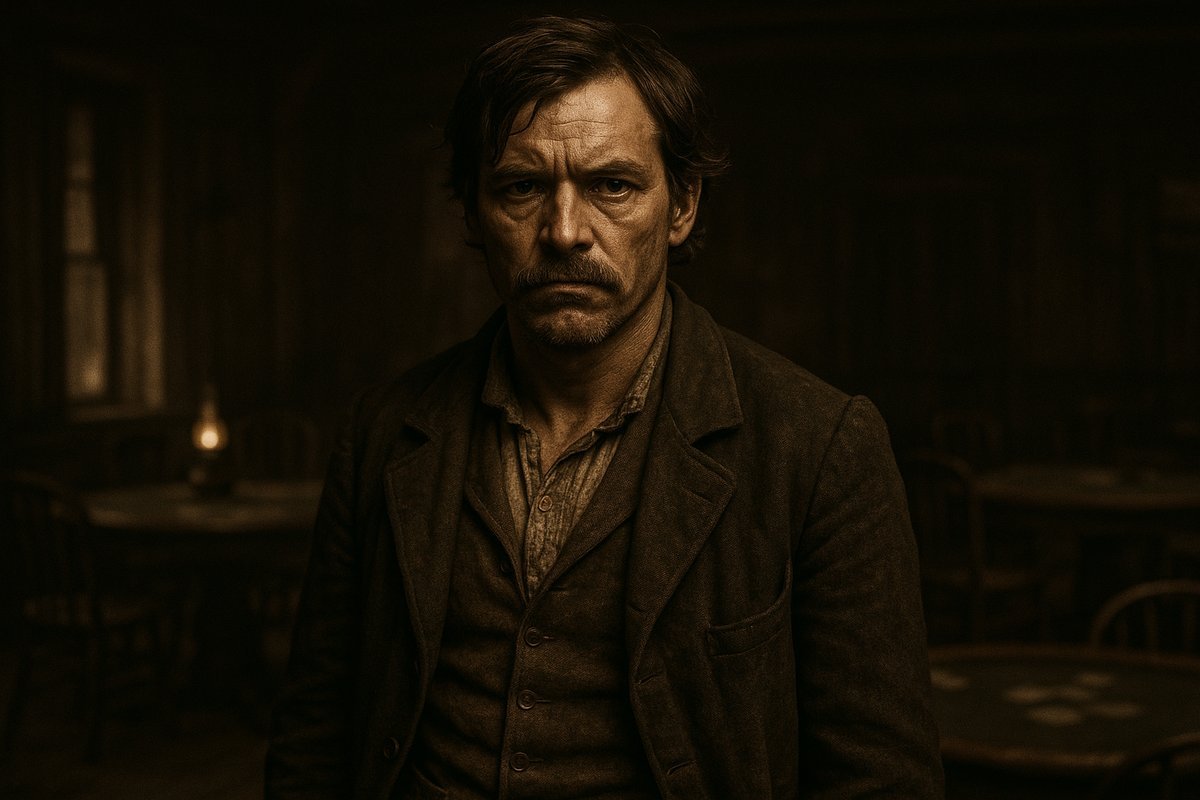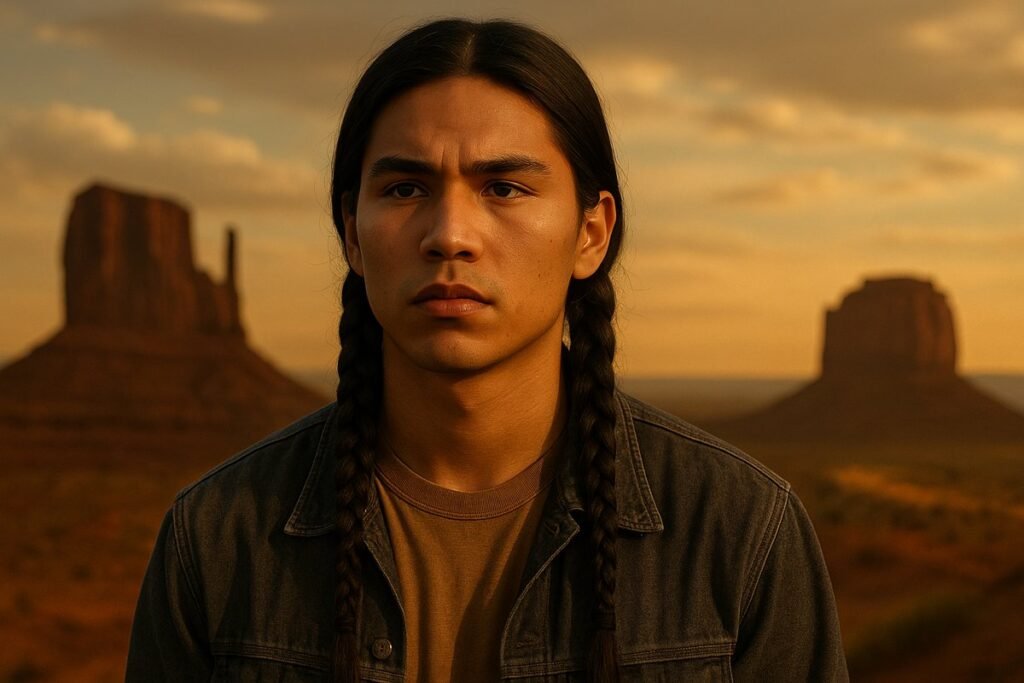The Man Known as Jack McCall
In the rugged history of the American Wild West, names are etched into legend for acts of bravery, daring, and sometimes, sheer villainy. But some are remembered for a single, cowardly act that forever binds them to a moment in time. Jack McCall is one such man, a name synonymous with the murder of a legend, Wild Bill Hickok.
Born around 1852 in Jefferson County, Kentucky, John McCall’s early life was unremarkable. Raised with three sisters, he eventually drifted westward, like so many others, in search of fortune. He worked for a time as a buffalo hunter before finding himself in the booming, lawless gold rush town of Deadwood, Dakota Territory, in 1876. It was in this chaotic frontier outpost that his destiny would violently collide with that of Wild Bill Hickok.
A Drifter’s Path to Deadwood
McCall was not a man who commanded respect. Often described as a heavy drinker with a sullen demeanor, he was known by unflattering nicknames like “Crooked Nose Jack.” He was a drifter, a man who lived on the fringes, and his arrival in Deadwood was just another chapter in a life of little purpose. But this chapter would be his last, and it would be the one that made him infamous.
The Fateful Encounter
On a hot August day in 1876, Jack McCall found himself in a poker game at Nuttal & Mann’s Saloon #10. Across the table was the legendary James Butler “Wild Bill” Hickok, a man whose reputation as a lawman and gunfighter was known throughout the West. McCall, fueled by cheap whiskey, quickly lost what little money he had.
A Poker Game and a Perceived Insult
In what might have been a moment of generosity, Hickok offered the broke and intoxicated McCall money for a meal, advising him to quit the game until he could afford to play. For McCall, this was not an act of kindness, but a public humiliation. The perceived insult festered, a toxic brew of resentment and wounded pride.
The Assassination of a Legend
The next day, August 2nd, Hickok returned to the saloon for another game. In a rare break from his cautious routine, he sat with his back to the door. He had asked another player to switch seats, but was refused. It was a small decision that would have deadly consequences.
A Shot in the Back
Jack McCall, still seething from the previous day, saw his opportunity. He entered the saloon, walked silently up behind Hickok, and without a word, fired his revolver into the back of the unsuspecting gunfighter’s head. As Hickok slumped forward, dead before he hit the floor, he was holding a pair of aces and a pair of eights, a hand that would forever be known as the “Dead Man’s Hand.”
A Tale of Two Trials
McCall’s escape was as clumsy as his crime was cowardly. He stumbled out of the saloon and tried to make off with a horse, only to fall when the saddle came loose. He was quickly captured by the enraged citizens of Deadwood.
The Miners’ Court in Deadwood
In the absence of any formal law, a makeshift miners’ court was assembled. McCall spun a tale of revenge, claiming Hickok had killed his brother. It was a lie, but in the lawless atmosphere of Deadwood, it was enough. After a brief trial, he was acquitted.
Justice in Yankton
Thinking he was a free man, McCall fled to Wyoming, where he couldn’t resist bragging about his deed. But his boasting reached the ears of federal authorities. Since the Deadwood trial had no legal standing, McCall was arrested and taken to Yankton, the territorial capital, to face a legitimate court of law.
The End of the Road
This time, there would be no escape. The evidence was irrefutable, and McCall’s lies were exposed. He was found guilty of the murder of Wild Bill Hickok.
A Hanging in Yankton
On March 1, 1877, at the age of 24, Jack McCall was hanged. He met his end at the gallows, a far cry from the heroic death of the man he had murdered. His body was buried in a simple grave, a final, quiet end for a man whose only claim to fame was a single, treacherous act.
The Legacy of Jack McCall
Jack McCall is a footnote in the grand story of the American West, a cautionary tale of a man consumed by resentment and alcohol. He is remembered not as a daring outlaw, but as the coward who shot a hero in the back. His name is forever entwined with that of Wild Bill Hickok, a testament to the fact that even a man of little worth can, through a single act of violence, achieve a dark and lasting infamy.







